Boababa plant
The baobab tree, also known as Adansonia digitata, is traditionally used in Africa for medicinal purposes to treat various ailments. It is highly nutritious, with its fruit pulp, leaves, and seeds containing a rich supply of antioxidants, vitamins, and minerals. This makes it a potential ingredient for functional foods and nutraceuticals. Furthermore, some studies have reported that baobab extracts possess antibacterial, antifungal, anti-inflammatory, and antidiabetic properties.
The fruit pulp of the baobab tree is a rich source of vitamin C, potassium, calcium, magnesium, and iron, as well as antioxidants like flavonoids, anthocyanins, tannins, and phenolic acids. The seeds of the baobab fruit also contain beneficial properties.

Here are some key takeaways from the page:
- Baobab fruit, leaves, and seeds are edible and rich in various vitamins, minerals, antioxidants, and fibre. They can be used as food or medicine for different purposes.
- Baobab may help with weight loss by reducing hunger and increasing satiety. It may also improve digestive health by lowering blood sugar levels and promoting the growth of healthy bacteria in the gut.
- Baobab has anti-inflammatory, antimicrobial, antiviral, and antimalarial properties. It may also boost the immune system, hydrate the skin, prevent or treat anaemia and asthma, and support a healthy pregnancy.
- Baobab products are available as fresh fruit, dried powder, or supplements. They can be added to smoothies, salads, soups, or baked goods. However, more research is needed to confirm the safety and efficacy of baobab
Side effect of Boabab
Baobab is a nutritious fruit that has many health benefits, but it may also have some side effects. Here are some of the possible side effects of baobab:
- Baobab may lower blood pressure and slow down the heart rate, which could be dangerous for people with low blood pressure or heart problems.
- Baobab contains an alkaloid that may cause uterine contractions, especially if combined with moringa bark. This could be harmful for pregnant women or women who are trying to conceive.
- Baobab may also interfere with fertility by affecting the quality and quantity of sperm. This could be a concern for men who want to have children.
- Baobab may cause stomach pain, bloating, and constipation in some people, especially if consumed in large amounts or without enough water.
- Baobab may also have anti-inflammatory properties, but this could interact with certain medications or conditions that require inflammation, such as infections or wounds.
- Baobab may contain some antinutrients, such as oxalates and tannins, that can reduce the absorption of minerals like calcium and iron. This could lead to mineral deficiencies if baobab is consumed excessively or without a balanced diet.
Therefore, baobab should be consumed in moderation and with caution. It is advisable to consult your doctor before adding baobab to your diet, especially if you have any medical conditions or take any medications. You should also drink plenty of water and eat a varied diet to avoid any adverse effects.


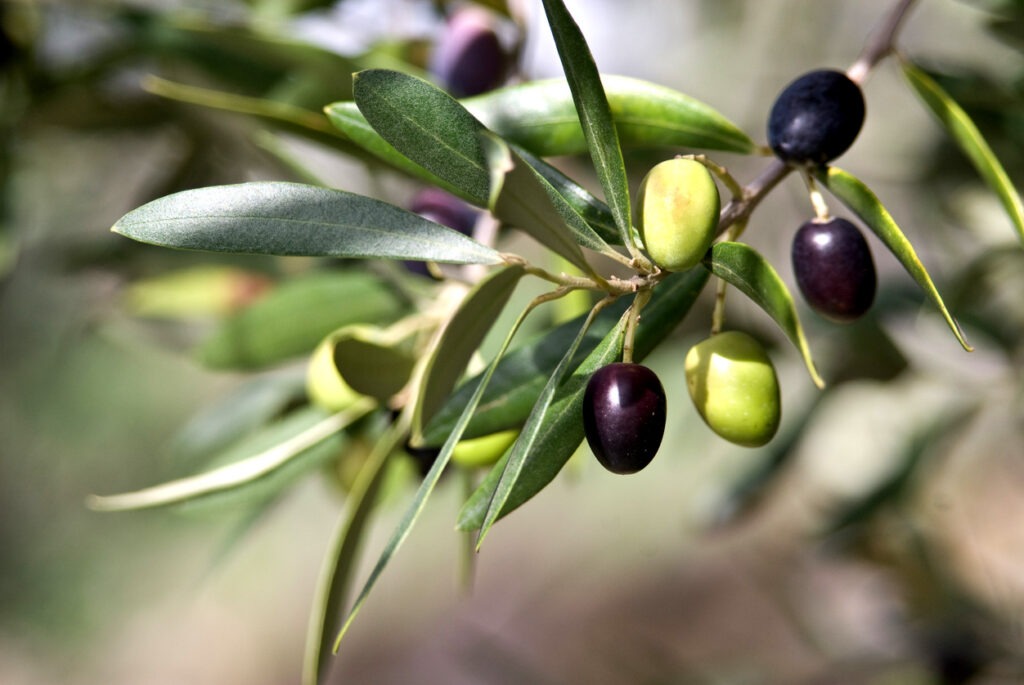
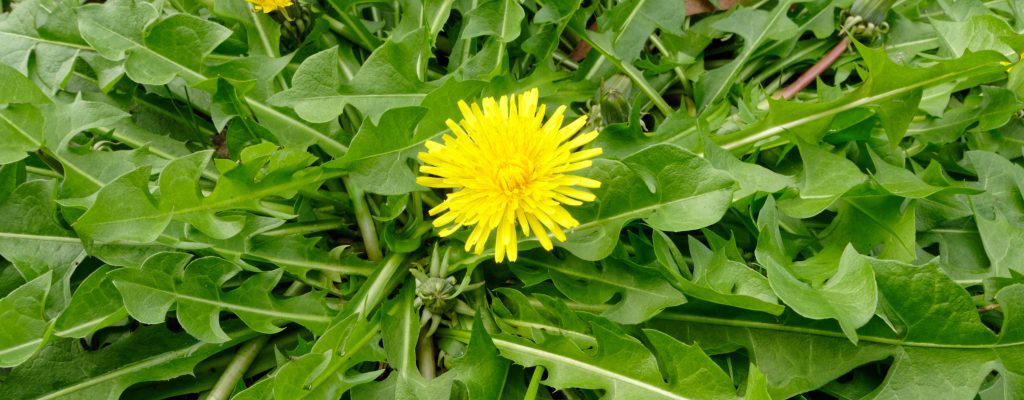
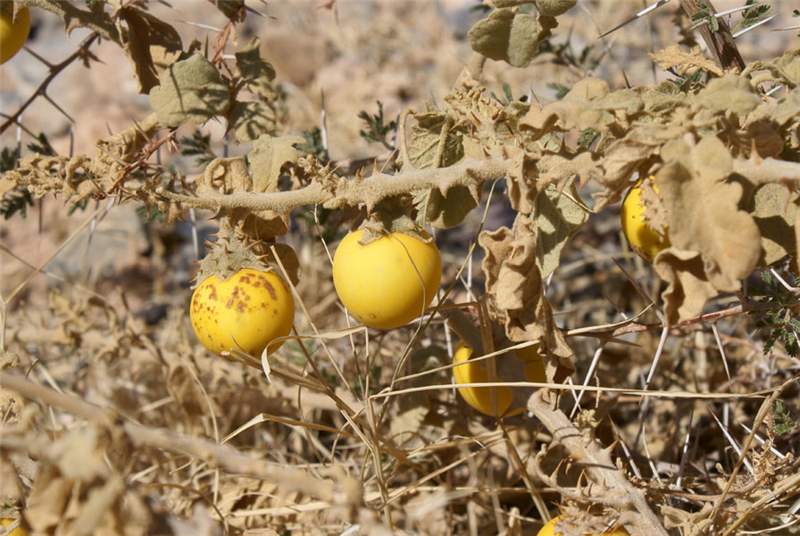

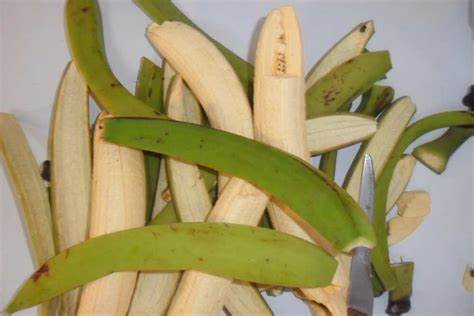
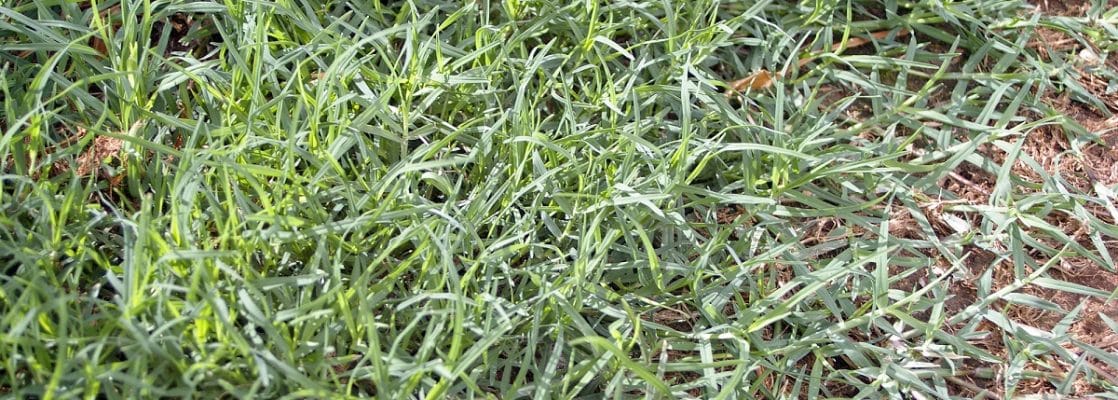

Review Boababa plant.
You must be logged in to post a review.